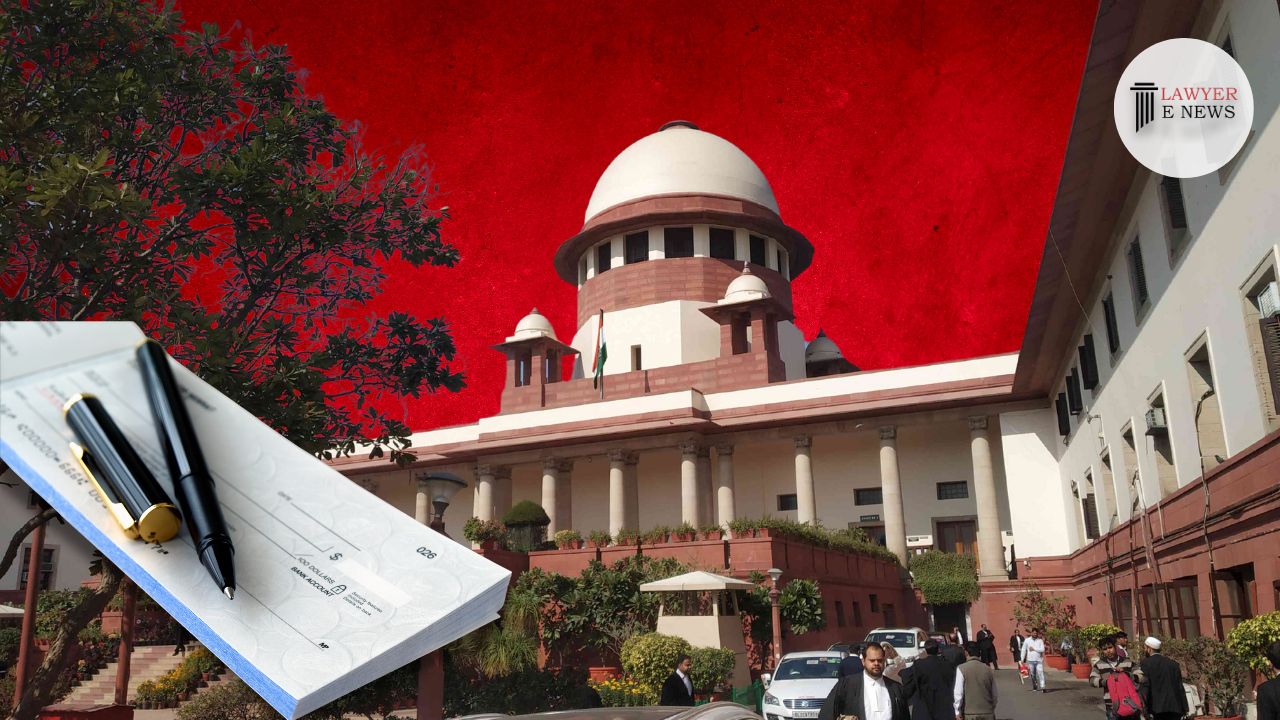-
by Admin
16 February 2026 1:47 PM



Date: January 5, 2023
In a recent judgment, the Supreme Court of India has ruled that the period of parole is to be excluded from the calculation of actual imprisonment for the purpose of premature release. The judgment, delivered by a bench comprising Justice M.R. Shah and Justice C.T. Ravikumar, emphasized the need to consider the objective and purpose of parole in reaching this decision.
The case, titled Rohan Dhungat Etc. v. The State of Goa & Ors, revolved around convicts serving life imprisonment who were released on parole under the provisions of the Goa Prisons Rules, 2006. The convicts had applied for premature release, but their applications were rejected by the State Government due to the gravity of their offenses. Subsequently, the convicts filed writ petitions challenging the State's decision.
The key issue before the court was whether the period of parole should be included in the calculation of 14 years of actual imprisonment for the purpose of premature release. The High Court had previously held that the period of parole should be excluded based on Rule 335 of the Goa Prisons Rules, 2006, which considers parole as remission of sentence.
In its judgment, the Supreme Court observed, "For the purpose of considering actual imprisonment, the period of parole is to be excluded." The court further noted that including the parole period in the calculation could potentially undermine the purpose of actual imprisonment, as influential prisoners could exploit the system by obtaining parole multiple times.
The court distinguished the case from previous decisions such as Sunil Fulchand Shah v. Union of India and Avtar Singh v. State of Haryana, stating that those decisions were not applicable in the present case. It emphasized that the term "imprisonment" was not included in the computation of the term of parole under the Goa Prisons Rules, 2006, and Rule 335 explicitly categorized parole as remission of sentence.
The bench also addressed the argument that prisoners on parole should still be considered in custody, citing Section 55 of the Prisons Act, 1894. However, the court held that Section 55 does not apply to the release on parole and that the parole period should be excluded for the purpose of calculating actual imprisonment.
The judgment sets a precedent by clarifying that parole periods are to be excluded when determining the actual imprisonment of convicts seeking premature release. This ruling provides clarity and ensures consistency in the computation of actual imprisonment in such cases.
This decision by the Supreme Court will have significant implications for convicts seeking premature release, as it establishes a clear rule for calculating the duration of their imprisonment. The judgment highlights the importance of maintaining the integrity of the system while considering the objectives and purpose of parole.
Date of Decision: January 5, 2023
Rohan Dhungat Etc. VS The State of Goa & Ors Etc.
